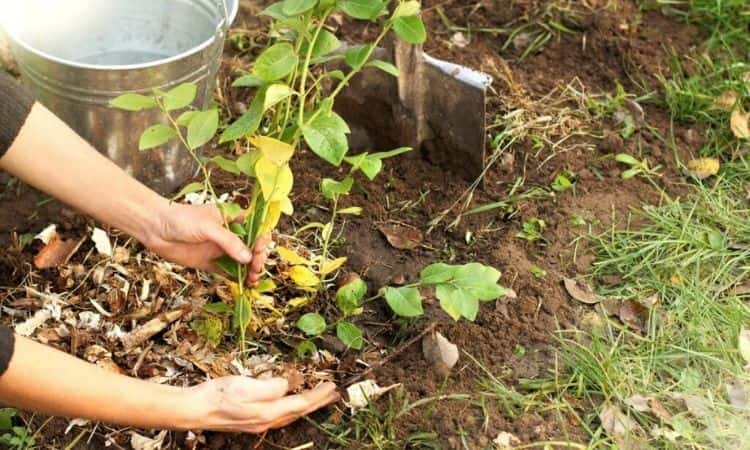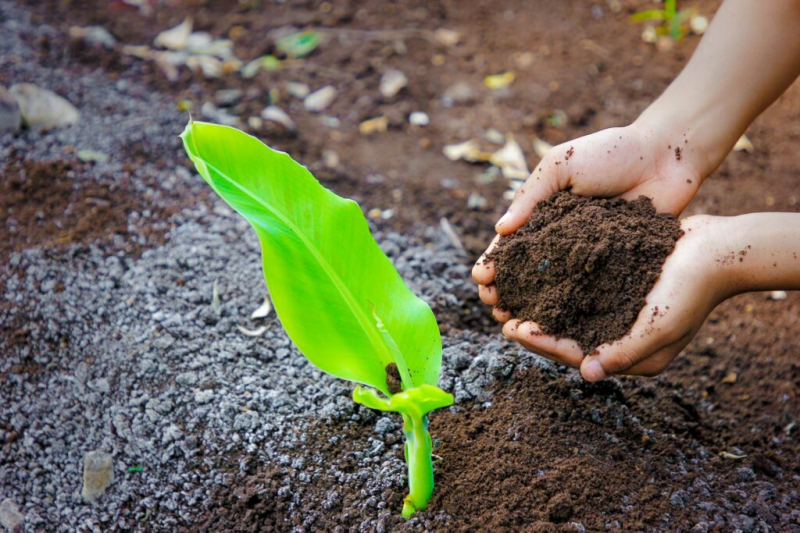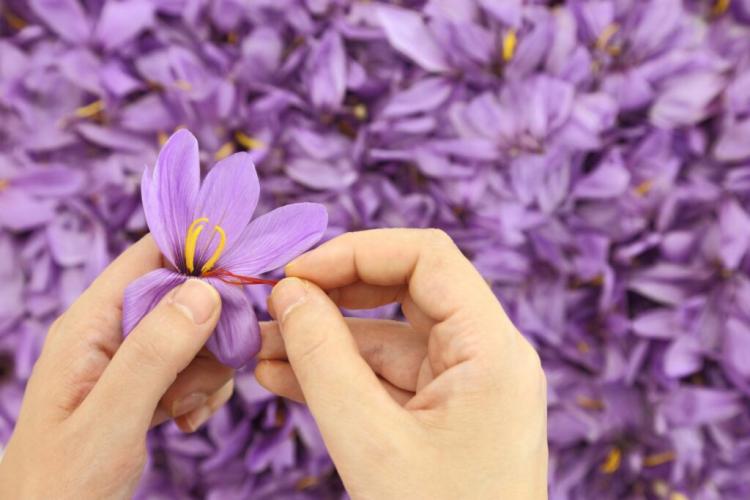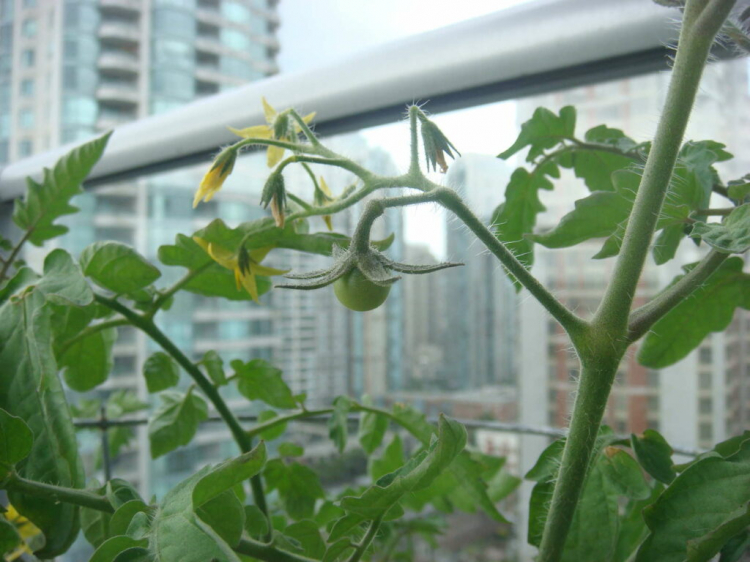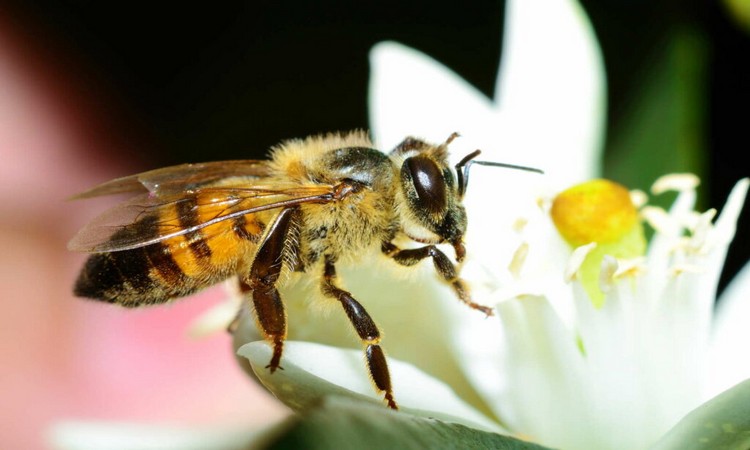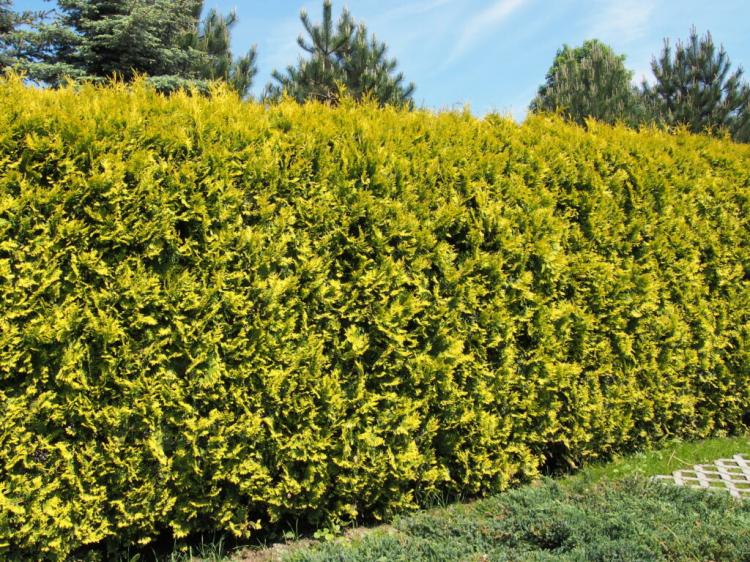Blueberries Fertilizer: Expert Tips And Household Remedies
Blueberries have special requirements as bog plants. You should also take these into account when using the correct fertilizer. Blueberries are rarely found in private gardens, but their cultivation can certainly be worthwhile.
Cultivated blueberries (Vaccinium corymbosum), with a height of up to four meters, can produce considerable yields and cover the blueberry requirements of an entire family. Appropriate fertilization can help to ensure that many of the healthy and delicious berries grow on the bush in the long term.
When is the best time for blueberries fertilizer? How do you proceed with fertilization and which fertilizers are suitable for blueberries? In this article, we explain how you can optimally supply the heather plant (Ericaceae) with nutrients.
The right time to fertilize blueberries
Table of Contents
Blueberries can be fertilized several times a year so that sufficient nutrients are available for the plant during the growing season. Work acid natural fertilizer (needle litter, wood) or organic commercial fertilizer into the soil already when planting. In subsequent years, the first application of fertilizer is always in spring (March) to promote the growth of young shoots.
During the flower and fruit formation in June, second fertilization serves to ensure a high yield. These provide your blueberries with nutrients over a longer period of time and are also particularly gentle on plants, soil, and animals in the garden.
Summary: When to fertilize blueberries?
- Include some acidic natural fertilizer when planting
- Annual basic fertilization in spring (March)
- Second fertilization for flower and fruit formation in June
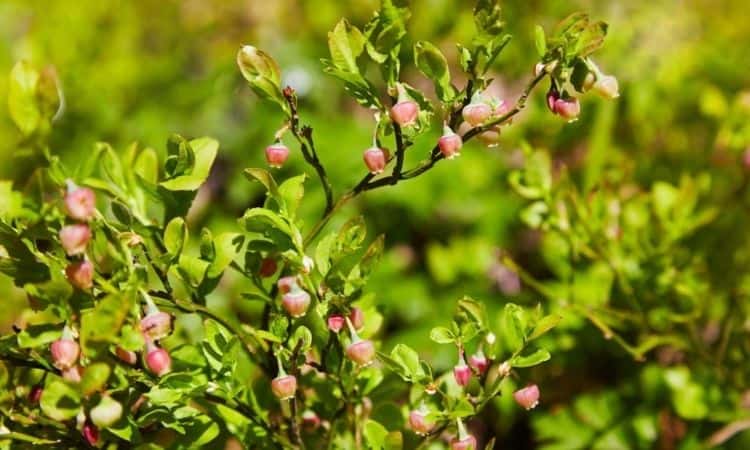 For healthy growth, blueberries require acidic soil with a pH value of 4 to 5. When choosing fertilizers, therefore, be careful not to use any fertilizers containing lime, as these increase the pH value too quickly. In the following, we will give you an overview of which fertilizers are best suited for blueberries and blueberries.
For healthy growth, blueberries require acidic soil with a pH value of 4 to 5. When choosing fertilizers, therefore, be careful not to use any fertilizers containing lime, as these increase the pH value too quickly. In the following, we will give you an overview of which fertilizers are best suited for blueberries and blueberries.
Fertilizing blueberries organically
When growing blueberries, it makes sense to use natural fertilizers because the shrub also has a high amount of organic material available in its natural environment. Mulching and incorporation of needle litter, leaves, pieces of bark, and lawn cuttings have proven to be effective organic fertilizers, which contribute to the long-term supply of nutrients to the plant.
Especially when planting the shrub in the garden you should think about incorporating the natural material. In addition to the longer-term supply and better water storage in the soil, the use of organic materials is also recommended from an ecological point of view.
Due to its balanced nutrient composition, this fertilizer is suitable for all plants that do not have an increased need for potassium. A high level of nitrogen at the beginning of the growing season in spring promotes the growth and foliation of the berry bush.
Sufficient potassium and phosphorus also promote the subsequent flower and fruit formation. To ensure that you supply your blueberries with the right amount of nutrients, we have prepared detailed fertilization instructions for you below.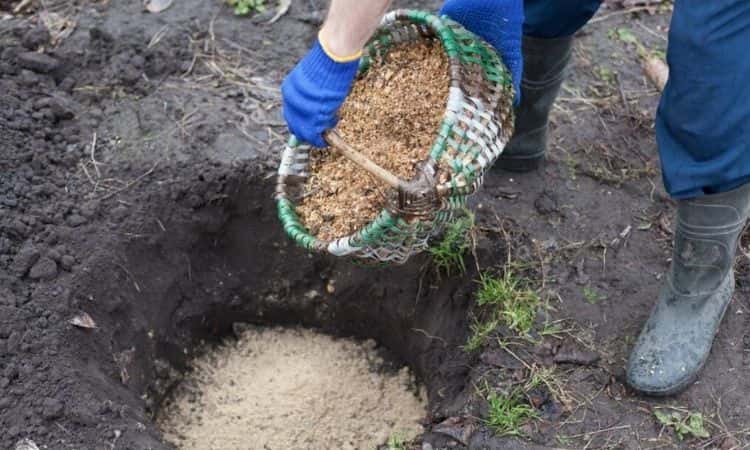
Organic long-term fertilization
- Before planting: Work about 80 – 160 g/m² (6 to 13 heaped tablespoons) of organic universal fertilizer into the soil
- Water the soil and the shrub used well so that the granules can come loose
- Every spring (March) fertilize about 60 – 120 g per plant (5 to 10 tablespoons)
- Small amounts of fertilizer for flower and fruit formation (June) provide optimum support for your blueberry
Mineral blue grain fertilize
Blue grain fertilizer is gladly used for fertilization in the garden since the nutrients are present here in pure form and can be taken up directly by the plant. However, the high concentrations of nutrient salts can quickly end up in over-fertilizing the plant if used improperly. This can lead to damage to the sensitive plant roots as well as to leaching into the groundwater. Although organic fertilizers have a slower effect, they are much gentler on the environment and, if used correctly, support the development of your blueberry bush more sustainably.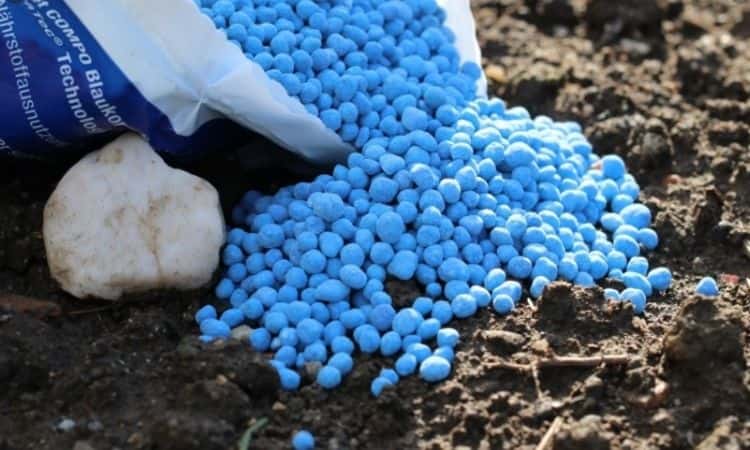
Fertilizing blueberries with coffee grounds
A particularly clever method of naturally fertilizing blueberries is to use coffee grounds as fertilizer. This is because coffee powder offers many advantages for use in the bed, even after brewing. For example, the household remedy contains many nutrients that are important to plants, such as nitrogen, phosphorus, and potassium.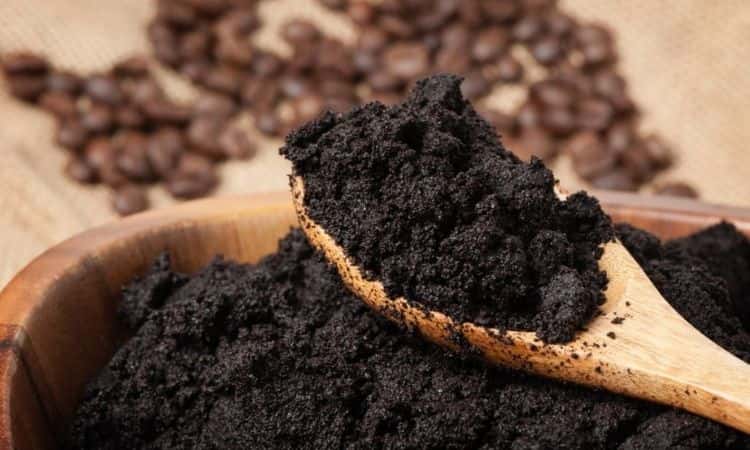
Organic materials also attract beneficial organisms such as earthworms and promote humus formation in the soil. Pests – such as snails – on the other hand, are kept away. Also, the acid natural fertilizer ensures a low pH value in the soil and is therefore perfectly suited for the fertilization of blueberries.
